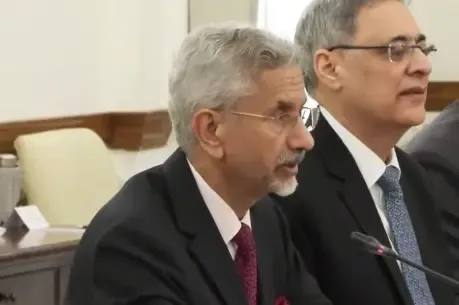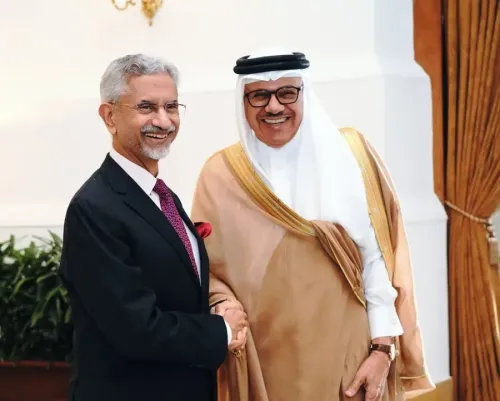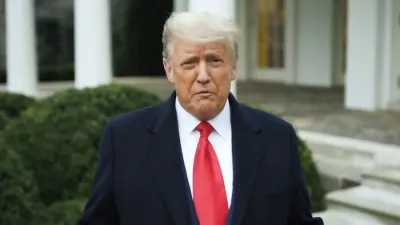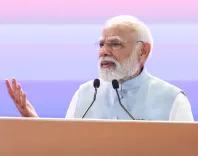Was Zardari Awake When the US Targeted Bin Laden in Abbottabad?

Synopsis
Key Takeaways
- President Zardari was awake during the Abbottabad operation.
- A critical power-sharing agreement was finalized at the same time.
- The US raid marked a pivotal moment in US-Pakistan relations.
- The Raymond Davis incident highlighted tensions between the two nations.
- Financial compensation played a key role in resolving diplomatic crises.
Islamabad, May 28 (NationPress) In the early hours of May 2, 2011, as US Navy SEAL helicopters descended upon Abbottabad, Pakistan, to eliminate their most wanted enemy, Osama Bin Laden, President Asif Ali Zardari was wide awake, reportedly negotiating a political alliance to fortify the PPP government, according to revelations from his former advisor.
After the coalition agreement with Nawaz Sharif's PML-N came to an end post the 2008 elections, the Pakistan Peoples Party found itself in a precarious position. An agreement was struck with the PML-Q, the party that previously backed ex-military ruler Pervez Musharraf, to ensure a stable majority in the National Assembly. This detail is chronicled in the memoir of Zardari's former spokesperson, Farhatullah Babar.
Babar notes that the deal was finalized around 1:30 a.m. on May 2, precisely when the US Navy SEALs were executing the raid, killing Osama Bin Laden, and revealing that he had been residing in a military enclave within Pakistan.
According to Babar, Jalal, the President's Aide-de-Camp, was among the first to receive news of the helicopter incident in Abbottabad, though he hesitated to inform Zardari until he could confirm the details.
Further evidence of significant events unfolded when the Aiwan-e-Sadr received a communication from the Army House regarding the impending visit of Army Chief General Ashfaq Parvez Kayani.
Meanwhile, US President Barack Obama also reached out to Zardari to convey information about the operation. Whether this meeting with Gen Kayani took place before or after the call remains uncertain.
Throughout the night, Zardari remained alert, initially due to the power-sharing negotiations with PML-Q and subsequently because of the unfolding Abbottabad incident, as noted by Babar.
Reflecting on previous events, Babar highlighted the Raymond Davis incident in January 2011, wherein the US was eager to secure the contractor's release after he shot two individuals in Lahore. Zardari informed Senator John Kerry that Davis, not being a diplomat, could not claim immunity, and even if he could, the courts would likely dismiss it.
He expressed concerns about potential unrest from religious factions, urging an alternative resolution. Zardari proposed considering compensation for the victims' families under Islamic law, a suggestion that momentarily brightened US Ambassador Cameron Munter's demeanor.
However, Zardari cautioned that the process would require time, causing Munter's optimism to wane once more. Ultimately, a settlement was reached, and the US paid $2.4 million to facilitate Davis's release, after which he was swiftly flown out of Pakistan.









